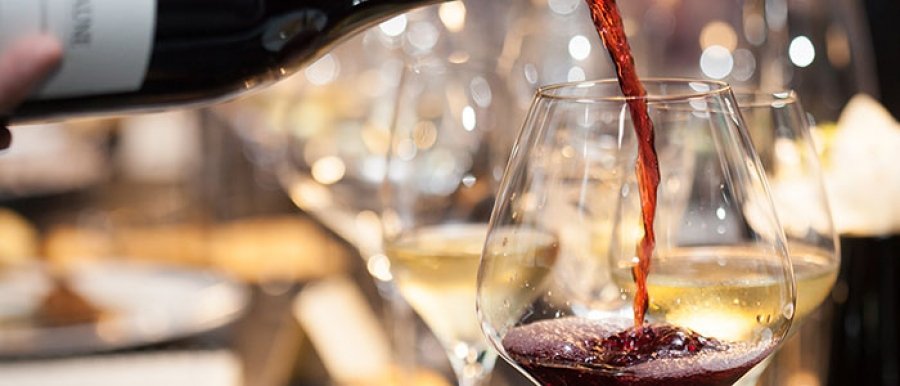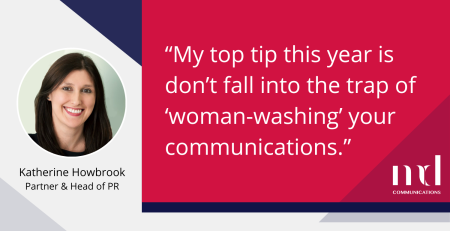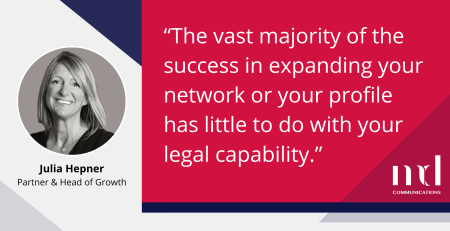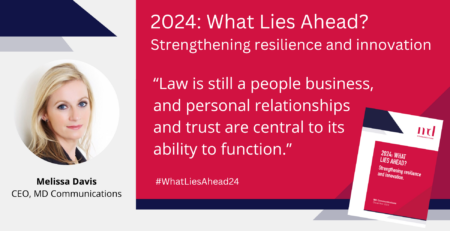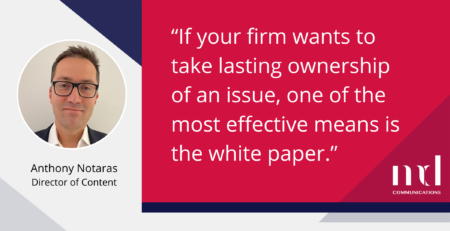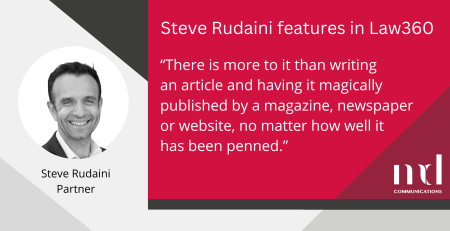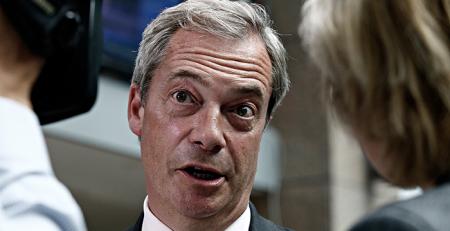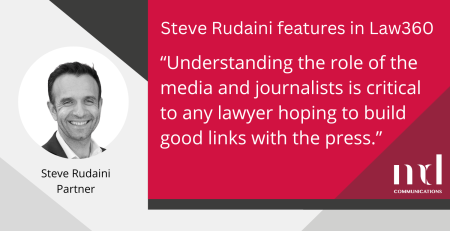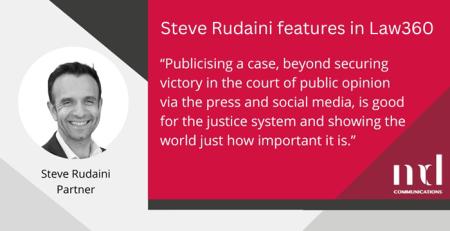Throughout my career I have frequently had breakfast, lunch and dinner with journalists to build relationships. On one occasion my journo lunch date became an actual date and there was a short romance for a couple of months. Not that I’m saying that’s a bad idea – it’s perhaps cheaper than a subscription to an online dating site – but what if you’re wondering if building a platonic relationship with a handful of journalists is a good idea?
The first question you’re probably asking yourself is to drink or not to drink. Well on the lunch I went to a few years back with a legal correspondent on a national paper where a cockroach dropped on my head, I wish perhaps I had been. The words “don’t move there is something in your hair” and the subsequent stamping crunch was enough to cement a solid relationship that worked for both of us and still does as that journalist is now several years later covering the beat in the Middle East where we have a growing client base.
In the digital-information age the job of the journalist has become vastly more pressured. Things can happen on their patch at any time, and the pressure to be on top of stuff is pretty relentless. They are likely as time pressed as you. Not least because the media faces vast financial challenges, so fewer people are now covering more. Much more.
Sure, long boozy lunches still exist. But they tend to be a ‘thank you’ after a mutually helpful bit of coverage, or a general catchup when things are quiet after you’ve built trust and a bit of friendship over time and a few news stories or features but they’re not as frequent as they used to be.
So with or without booze, is lunch with a journalist a good idea?
There are many good reasons to meet up with a journalist. Contact’s easier when you’ve met face to face. You and they get to talk more generally with the distraction of food and the social setting. The journalist is away from colleagues, so you have their attention.
It’s a chance to discreetly show off in ways that underline your authority (anecdotes and the odd name-drop). And the journalist is more likely to talk about things they are working on. Sometimes you and they will go away having given each other some useful contacts, and of course journalists are useful sources of reliable(ish) gossip.
The aim is for them to feel you’re a ‘go-to’ person in your area who is also press friendly and ’human’.
Here’s a few tips that will increase the chances of a good result:
Who’s paying?
You may feel like you’ve given them some great stuff, and you know how much you could have earned sitting at your desk. But in these straightened times for the media, some journalists only expect to pay when securing a scoop, possibly where the source is putting themselves at some kind of risk. They won’t routinely drop £100 on lunch with one of the country’s 120,000 lawyers. Don’t forget – following recent legislation – some newspapers will insist that their journalists pay or go halves to avoid any risk of bribery accusations.
Reserve a table
There may be a trend for ‘no reservations’ policies, but for this one, neither of you want to spend your time in a queue.
Hear yourself think
A bit of buzz helps lunch, but go somewhere you can hear each other.
Read their stuff
Glance at a few things the journalist has written, look online for any info about them (where were they before?), and if you don’t already, follow them on Twitter. Avoid trying to pitch them a story they’ve already written about, today.
Have a brief spiel
They may be less assiduous about looking you up – know a few points that summarise what you’re all about. Find out what your PR told the journalist to get them there!
Show your sector knowledge
Much more important bit. It’s a chance to mention things you know are coming down the line in your area – genuinely useful for them to know or, if they already know, that these are things you’re on top of and have an opinion on.
Bring a friend
Not completely necessary, but a colleague (possibly junior) and/or your PR adviser can talk a bit while you eat, fix a problem like the table having run out of water, and help out with what is probably a 90-120-minute conversation. They can also big you up a bit and remind you of promised follow-ups to the meeting.
How informal is this?
Don’t make this one long relentless pitch for yourself. This is more casual, and you will bore your guest senseless. Lunch chat can often go a bit wider than usual and even include a bit of gossip. Do, though, be clear about the things you really shouldn’t mention! Don’t forget this is ON THE RECORD – don’t be surprised if you mention that you’re stepping down next week and it appears as the lead story in the daily news bulletin.
Take their calls
Lunch may have been very nice, but if you prove an unresponsive source, you’ll quickly fall off the radar.
Bon appetit and watch out for the cockroaches.


